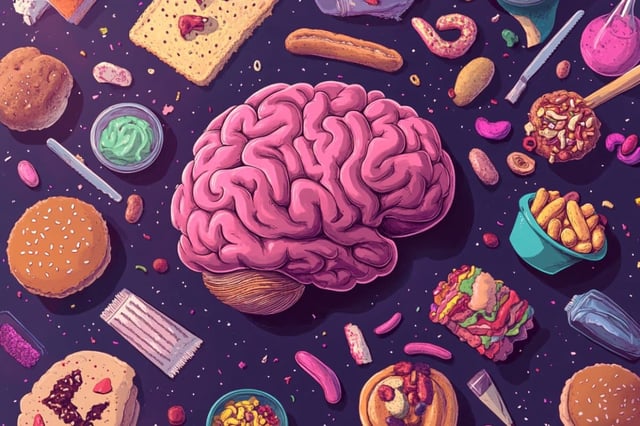Overview
- A study of 3,320 U.S. adolescents found that teens with abdominal obesity had a 6.6% larger hippocampus and a 4.3% larger amygdala, regions critical for memory and emotional regulation.
- Social inequality compounded these effects, with teens from lower-opportunity neighborhoods showing reduced brain development, especially when obesity persisted.
- Researchers warn that both overgrowth and underdevelopment of brain regions during adolescence may disrupt cognitive and emotional functioning.
- The findings raise concerns about long-term risks, including potential cognitive decline and dementia, stemming from these brain changes.
- Experts emphasize the importance of early interventions targeting obesity and social determinants to protect both physical and brain health in youth.



